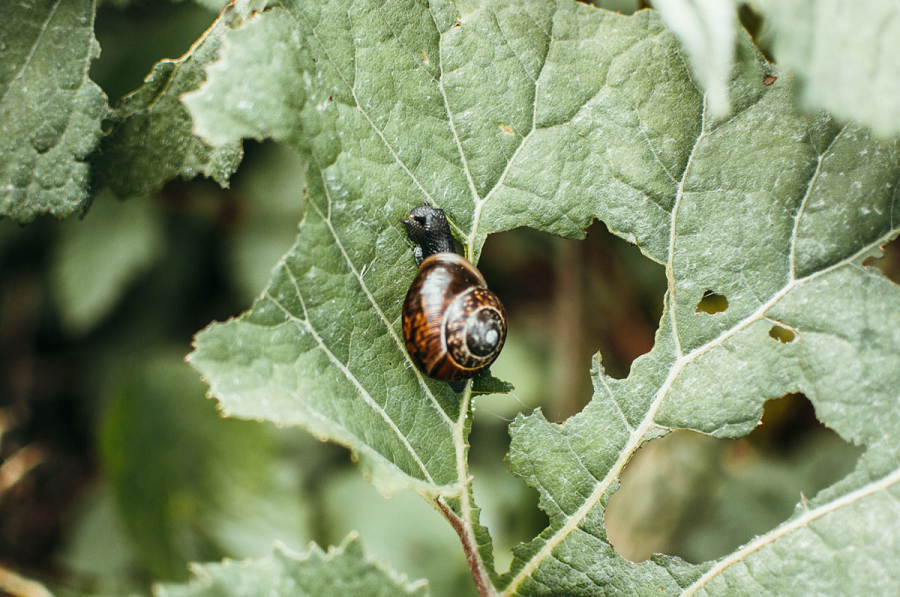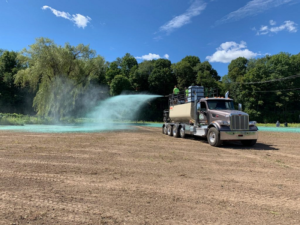What Are Pests?

Pests are unwanted plants, animals, insects, microbes, or other organisms that can interfere with human activity. Commonly we can find them in the crops of our gardens and crops which bite and damage the crops.
As is well known, when these pests are not kept under control in time, they can cause severe damage. Besides, these can spread diseases that damage both plants and people close to them.
Thus, London pest control methods are a topic of concern to all those who suffer from pests.
Types Of Pest Control
The various methods of controlling pests are possible through many actions that complement each other. The general objective of control is to generate favorable conditions for the pest to limit its reproduction.
That is why through this, we can avoid the massive attack of these diseases on our crop plants. Here are some methods and ways to counter attacks on your gardens and vegetables. There are different pest removal methods for different types of species of pests.
Natural Pest Control
Sometimes it could be used on other organisms such as plants and insects to control pests in an agricultural setting.
This method also includes installing physical barriers or traps that prevent the access of pests. It has little or no detrimental effect, but the main disadvantage is that it takes a long time to produce results.
Chemical Pest Control
These are used both in closed spaces and in agriculture, where they use pesticides to eliminate pests. These are commonly controlled by the pest control company and are applied gradually or instantly.
This method is very effective, but it can be harmful to both animals and humans due to its use of chemicals. That is why chemical pesticides must be used with caution and following the regulations of use.
Biologic Control
It consists of natural enemies’ use to manage the pest population and thus reduce the spread of diseases. This method involves working with living organisms, which can be complex and different in various places and times. Some examples are ladybugs, hoverflies and gnats, predators to fight against aphids and psyllids.
Natural Pesticides
Some herbs contain components that are not toxic; when they are extracted and applied to infected crops, they are called plant pesticides. This is not a new practice but has been used extensively for many years in small and large scale agriculture. Most natural pesticides are harmful to organisms, whether by contact, inhalation, or ingestion.





